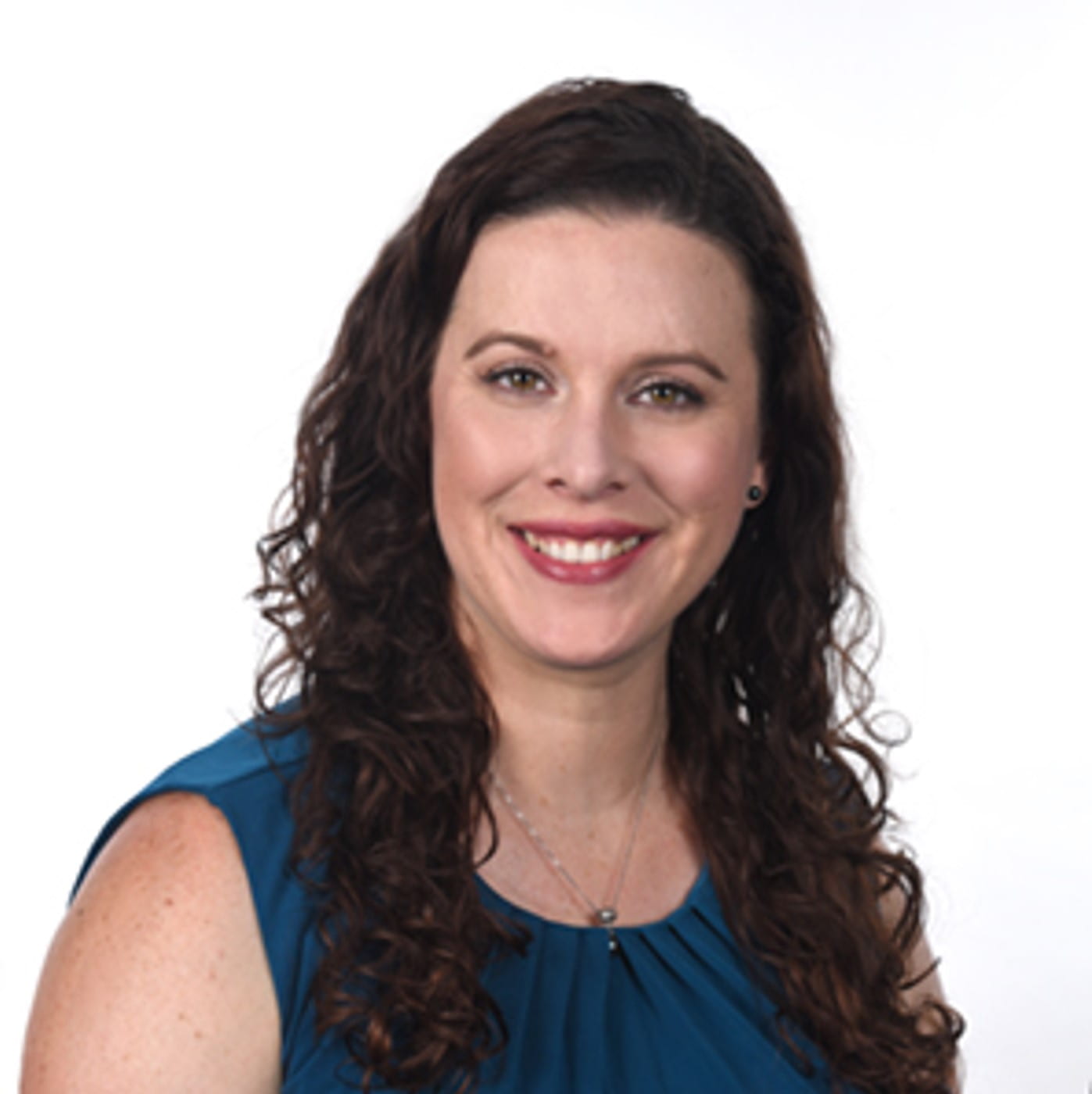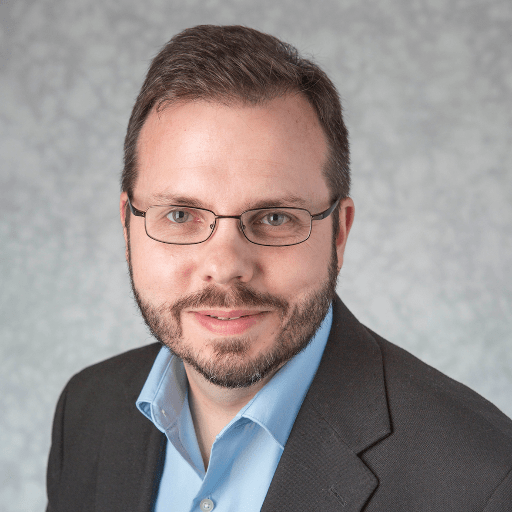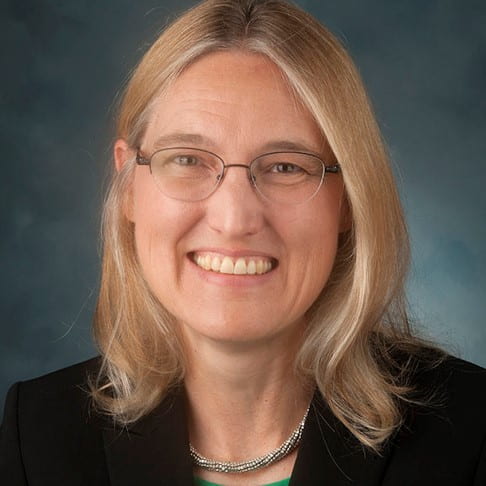Featured Speakers

Keynote: Renée Link
Professor of Teaching, Department of Chemistry, School of Physical Sciences, UC Irvine
Renée Link is a Professor of Teaching in the Department of Chemistry at the University of California, Irvine (UCI) who designs, manages and teaches the organic chemistry lab courses taken by over 1,000 UCI students each year. Although her training was in organic chemistry methodology, she discovered that her true passion was in helping students learn organic chemistry. Her scholarly activity focuses on using active learning in large courses to create a more inclusive and equitable learning experience for students from all backgrounds. As a community college transfer student and first generation college graduate, Professor Link serves as a mentor for UCI graduate and undergraduate students navigating the complex world of academia.
Keynote Presentation: Finding Sustainable Approaches to Teaching with Intention
We often replicate our teaching approaches, assessments, and course policies based on what we experienced as students or based on a syllabus handed down from colleagues. In the process of developing your course, have you ever paused to ask yourself why? Why am I using this assessment approach? Why did I choose this course policy? How are these choices impacting students, especially students who are not exactly like me? Truly addressing these questions can be challenging work. At the same time, structuring courses in ways that support students should not require sacrificing ourselves in the process. The choices we make must be sustainable for us and for any other members of our teaching teams. In this keynote we will explore how to approach our teaching with intentionality while making choices that are practical for us, our teaching team, and our students.

Keynote: Robert Talbert
Professor, Department of Mathematics, Presidential Fellow for the Advancement of Learning, Grand Valley State University
Robert Talbert is a Professor of Mathematics and Presidential Fellow for the Advancement of Learning at Grand Valley State University. He holds an undergraduate degree in Mathematics from Tennessee Technological University and Master’s and Ph.D. degrees in Mathematics from Vanderbilt University. He is the author of Flipped Learning: A Guide for Higher Education Faculty and co-author of the forthcoming book Grading For Growth with Prof. David Clark. Robert was a scholar-in-residence with Steelcase from 2017-2018, where he conducted research on active learning and active learning classrooms. In his current role in the GVSU president’s office, Robert coordinates university-wide and cross-institutional initiatives to promote active learning and other research-based teaching practices, while continuing to teach 3-4 courses in the Mathematics Department each year. Robert writes about math, technology, productivity, and higher education at his website, rtalbert.org. He lives in Allendale, Michigan with his wife, three teenage children, and four cats.
Keynote Presentation: Three Grand Challenges for STEM Education
Higher education in general and undergraduate STEM education in particular were facing profound challenges to their relevance and long-term viability even before the Covid-19 pandemic. Accelerating change in the world at large, including but not limited to the pandemic, has made it clear that what has “worked” in undergraduate education in the past is not necessarily what will serve learners best in the future. We must respond to these challenges appropriately, with a problem-solving mindset. In this talk, I will outline three “grand challenges” for undergraduate STEM education posed as opportunities to change the way we teach our subjects for the better, and thereby better serve learners and situate both them and us for the years ahead.

Closing Remarks: Alison Baski
Dean of Science and Interim Dean of Engineering, Cal Poly Pomona
Dean Alison Baski serves as Dean of the College of Science and interim Dean of the College of Engineering at Cal Poly Pomona.
Dean Baski has an extensive record of excellence as an academic leader, administrator, researcher, and educator. She came to Cal Poly Pomona in 2016 to serve as Dean in the College of Science, where she leads more than 330 faculty, 45 staff, and 4,300 students. Prior to Cal Poly Pomona, Dean Baski spent 20 years at Virginia Commonwealth University (VCU), where she served as chair of the Physics Department, executive associate dean, and , interim dean of the College of Humanities and Sciences, which is home to 600 faculty, 80 staff, and 14,000 students. While at VCU, she also held a joint faculty appointment in the School of Engineering and collaborated with Engineering faculty on a host of National Science Foundation and Department of Defense research grants.
Dean Baski is widely recognized as a leader in her field and a champion of STEM education. She has authored 110 publications in peer-reviewed journals and has given numerous invited and conference talks on her research. For her scholarly work in the field of semiconductors and leadership in STEM education, she was named a fellow of the American Association for the Advancement of Science in 2010 and the American Vacuum Society in 2015. She holds a B.S. in Engineering Physics from the University of Colorado Boulder and a Ph.D. in Applied Physics from Stanford.
